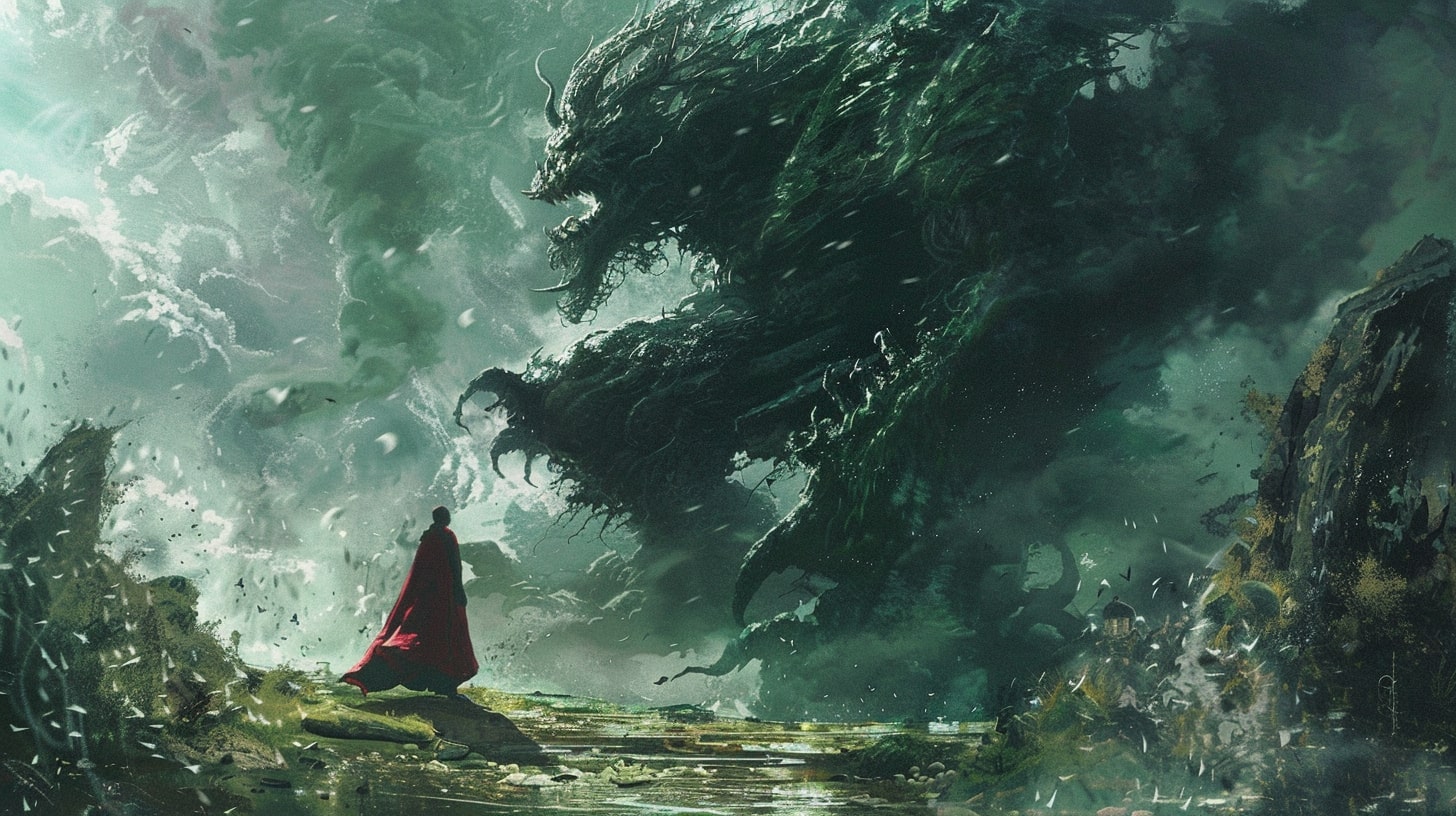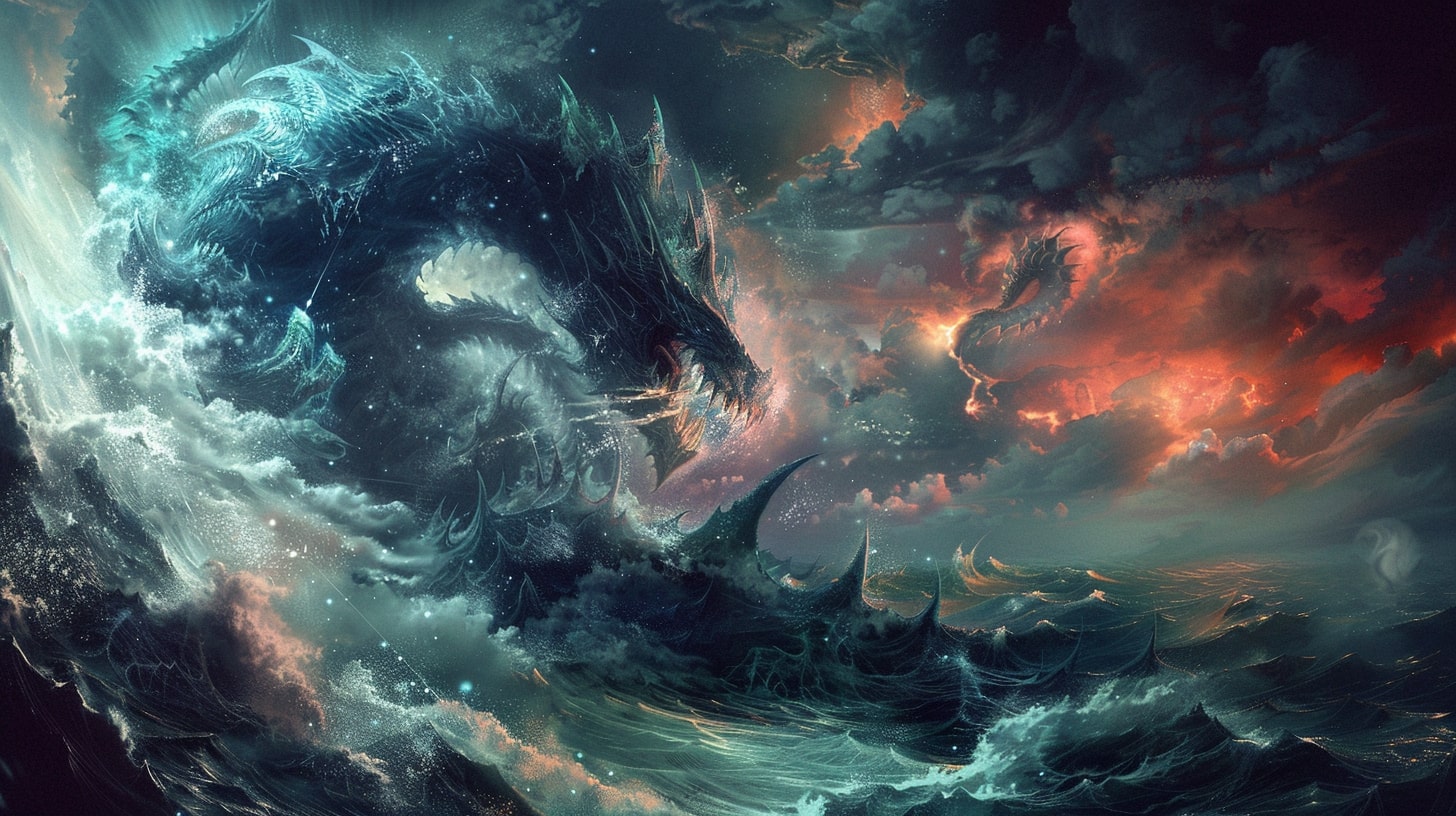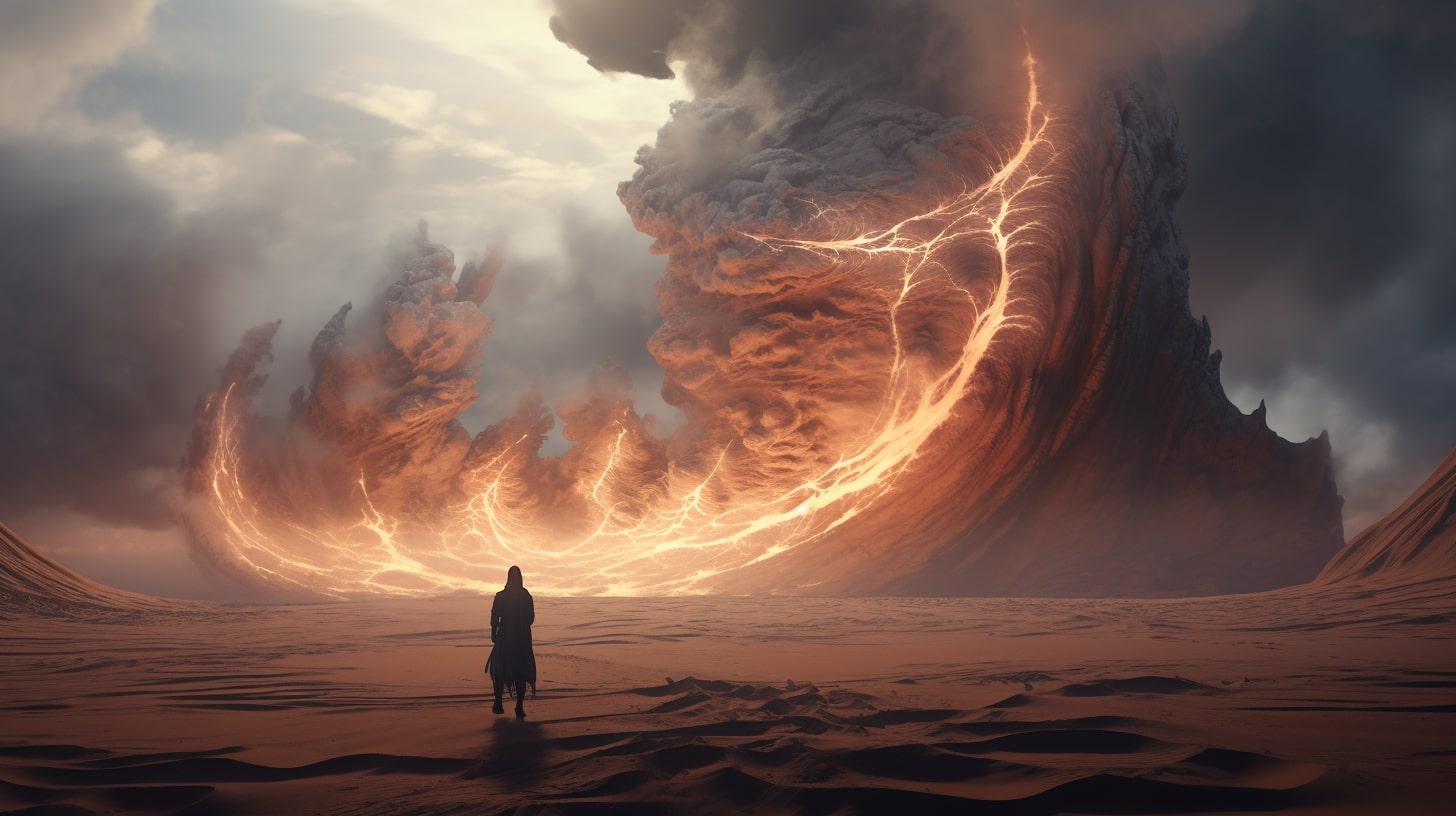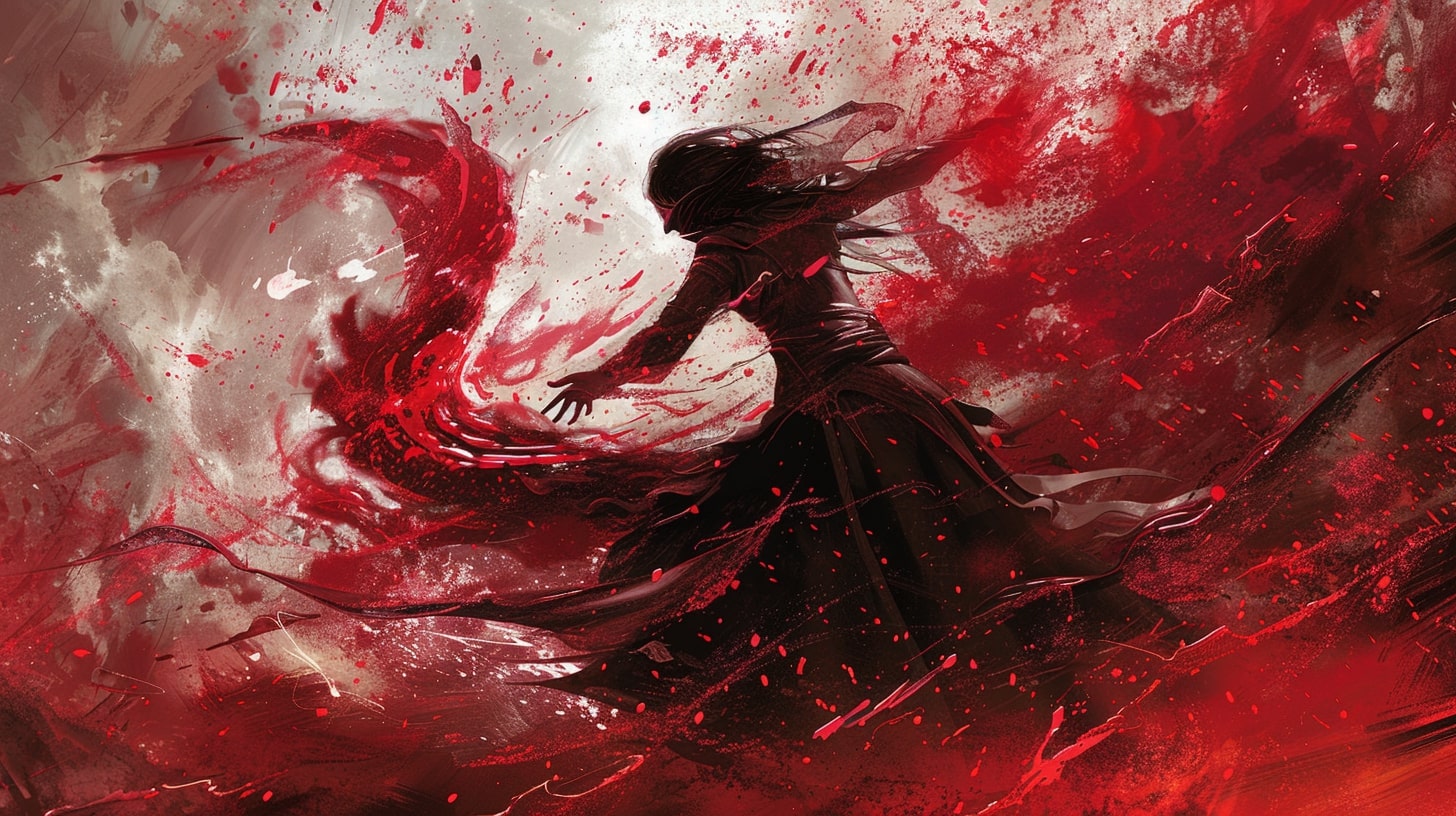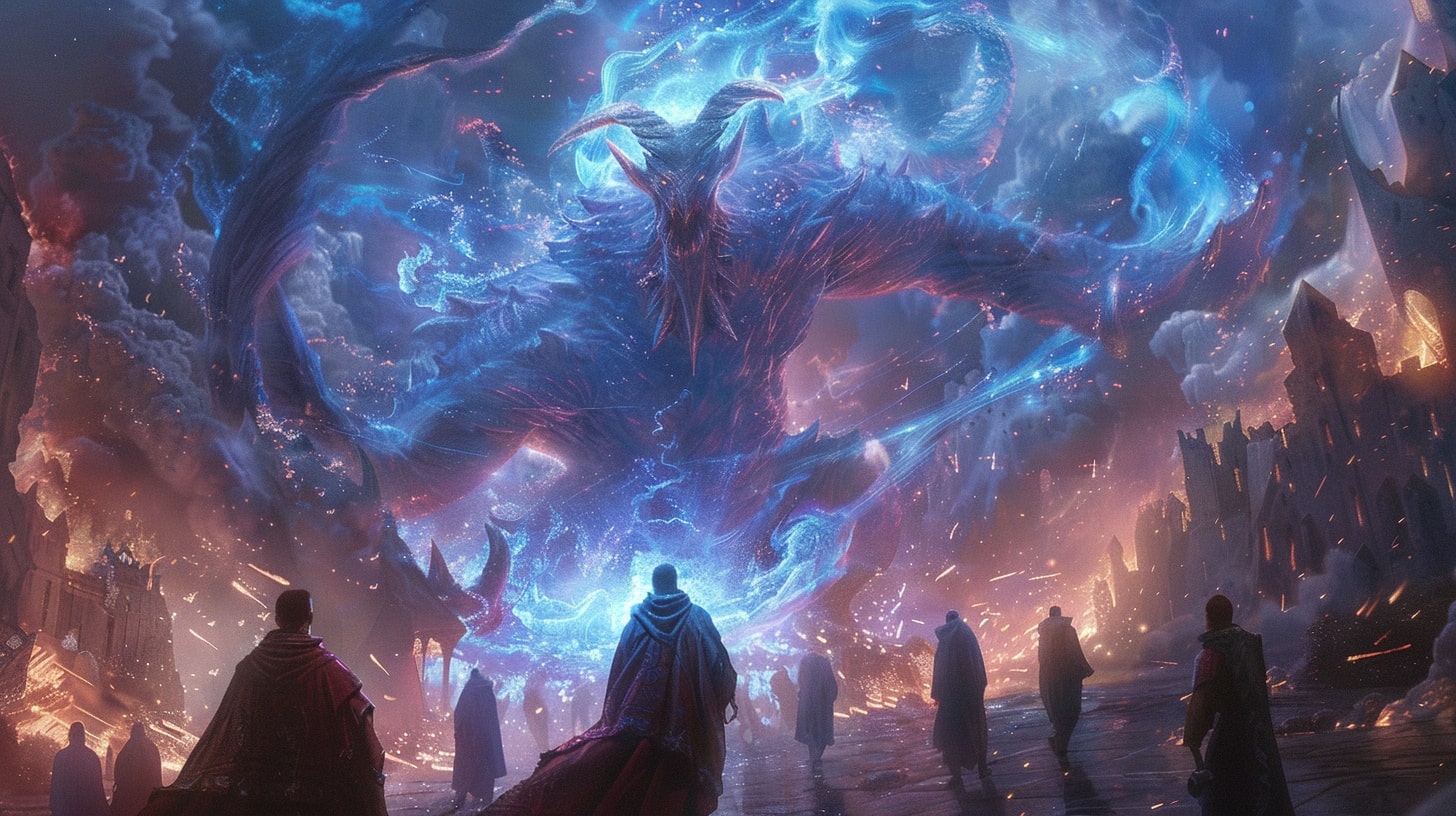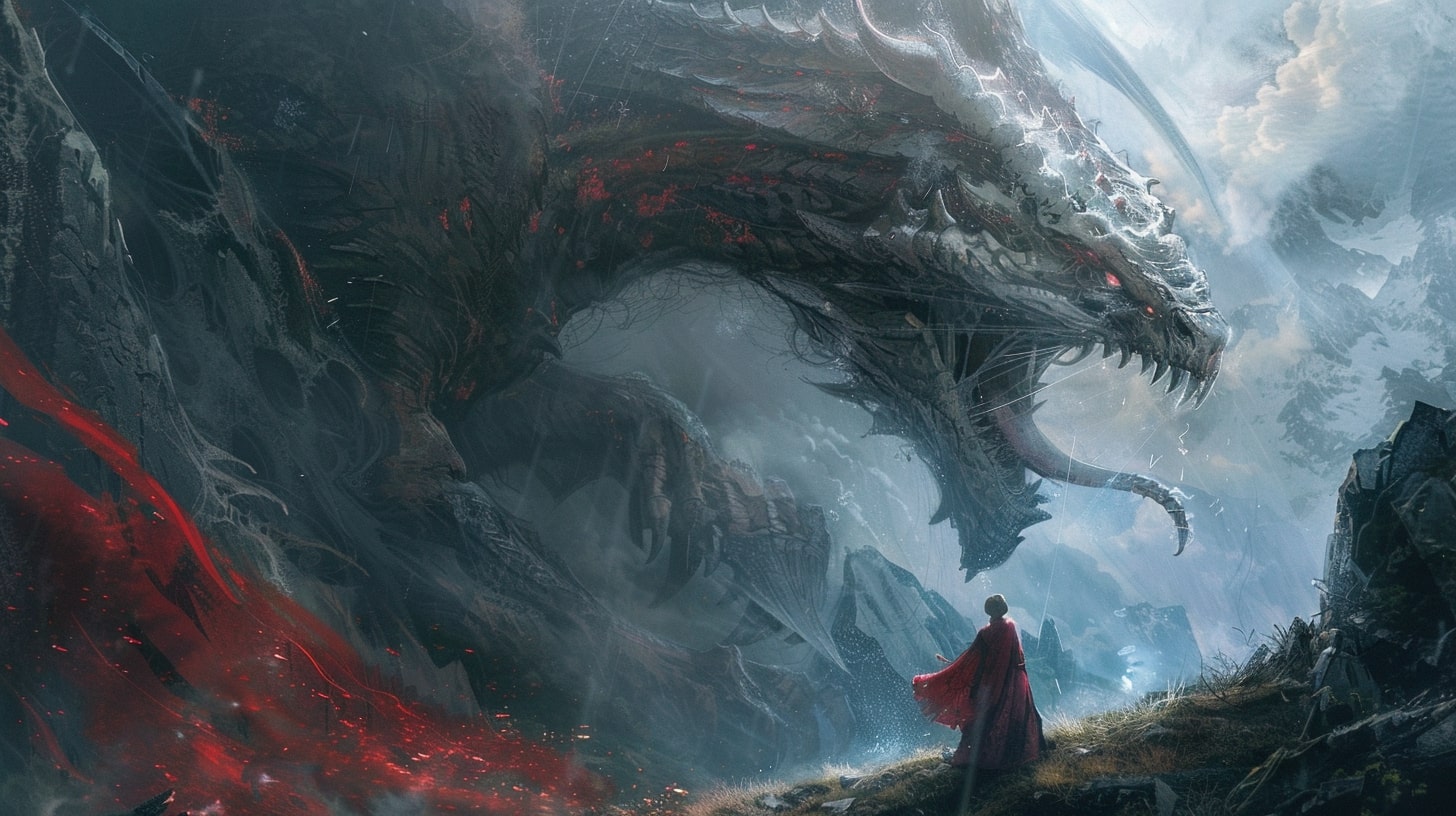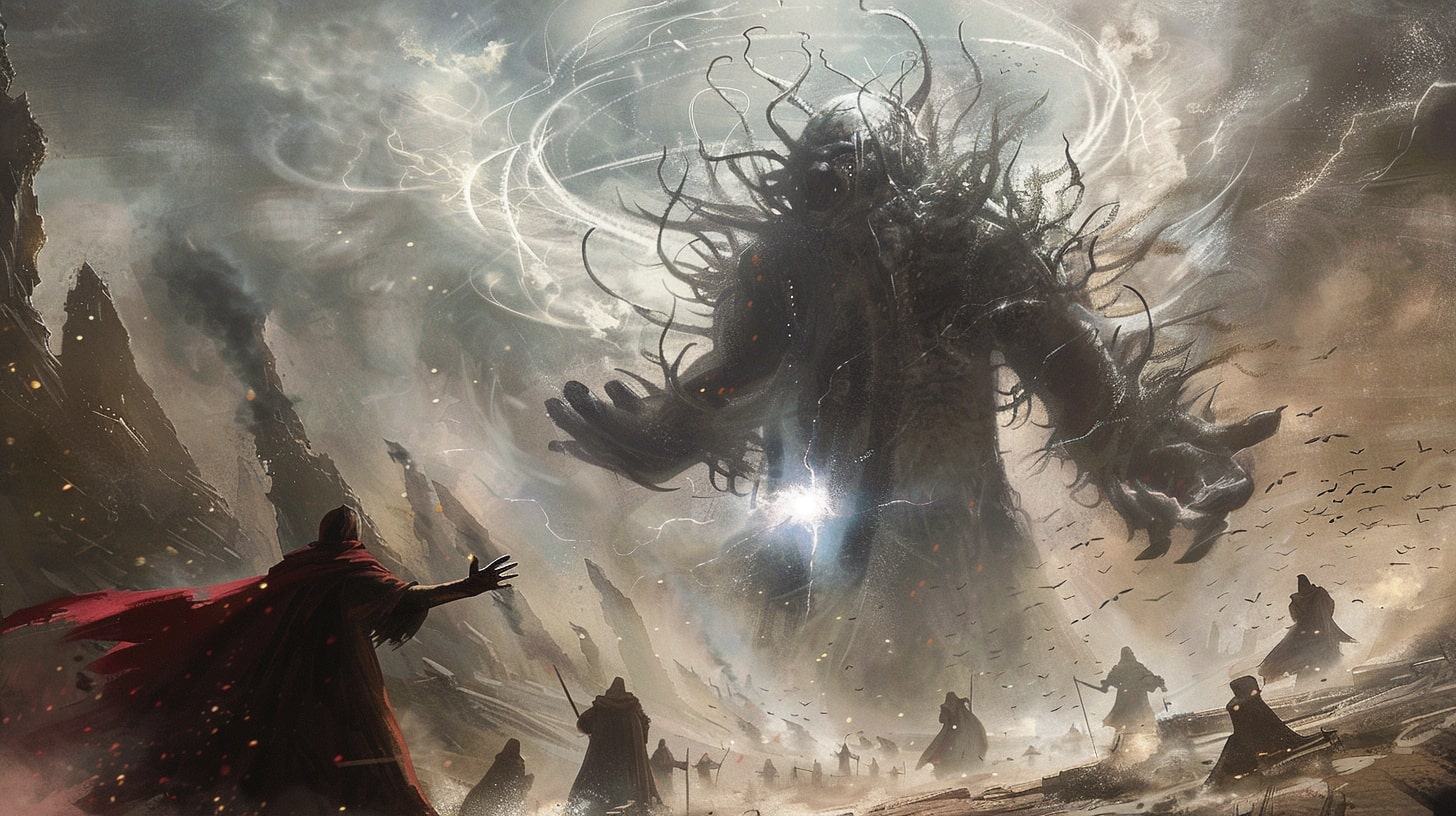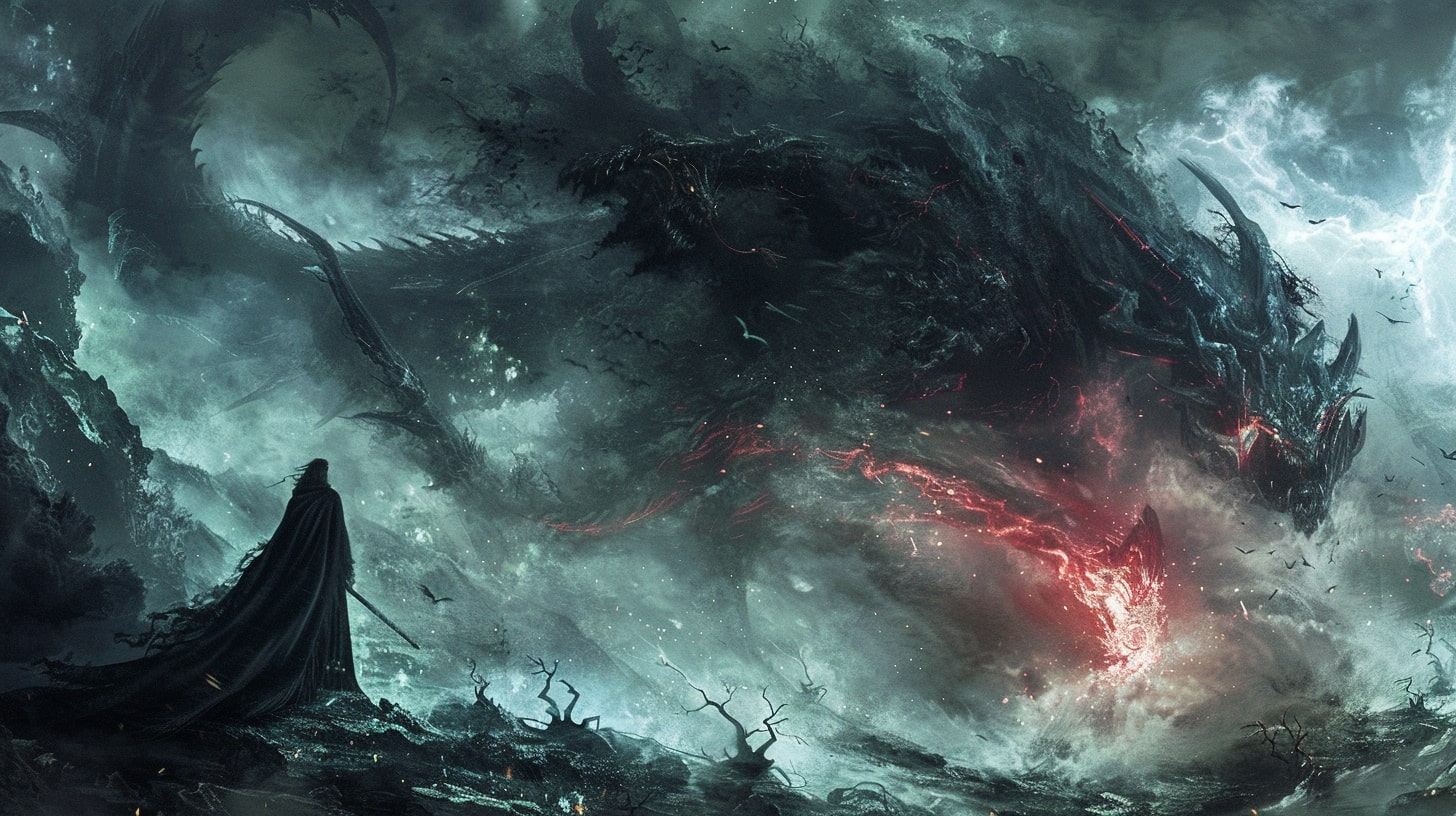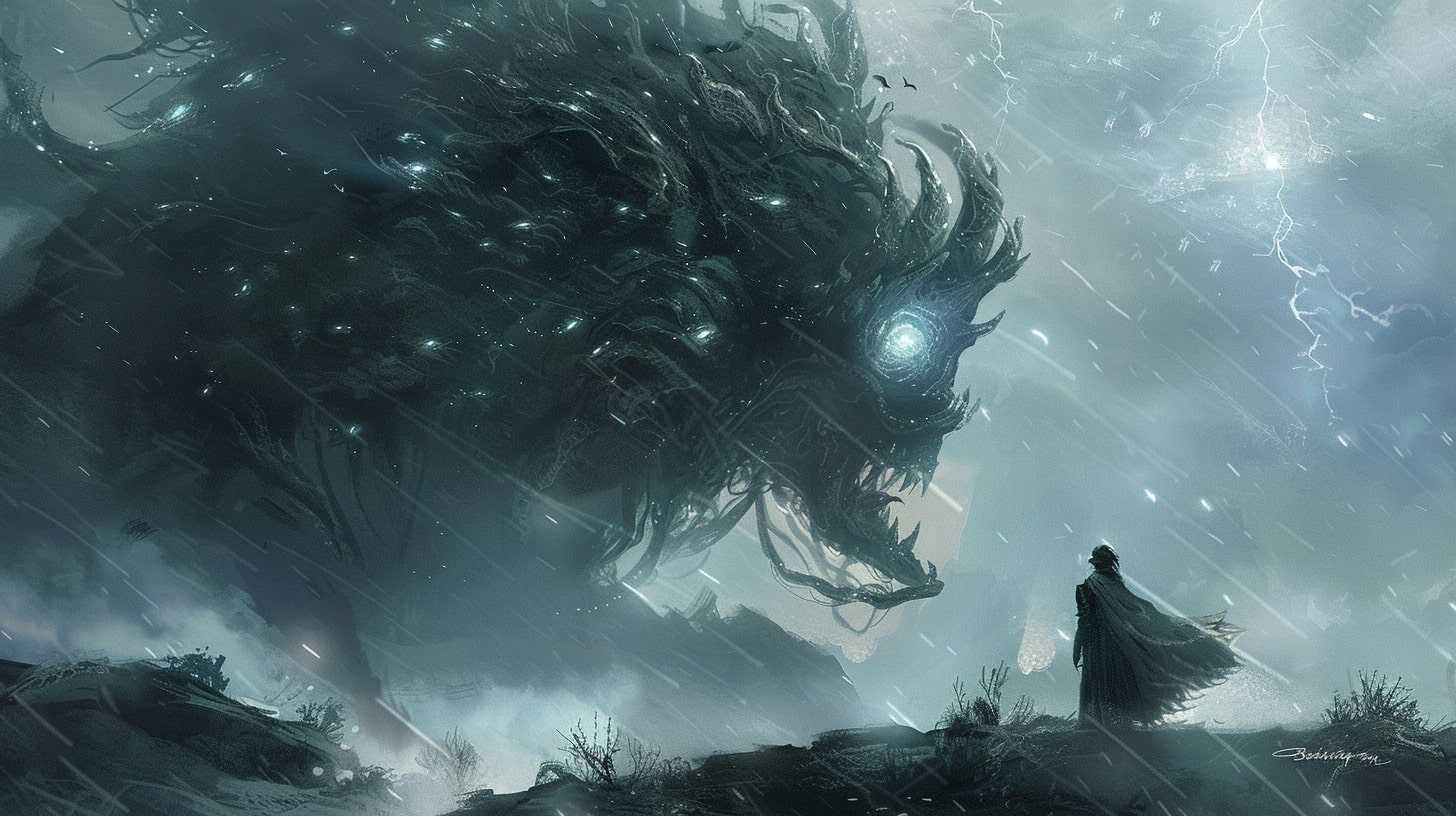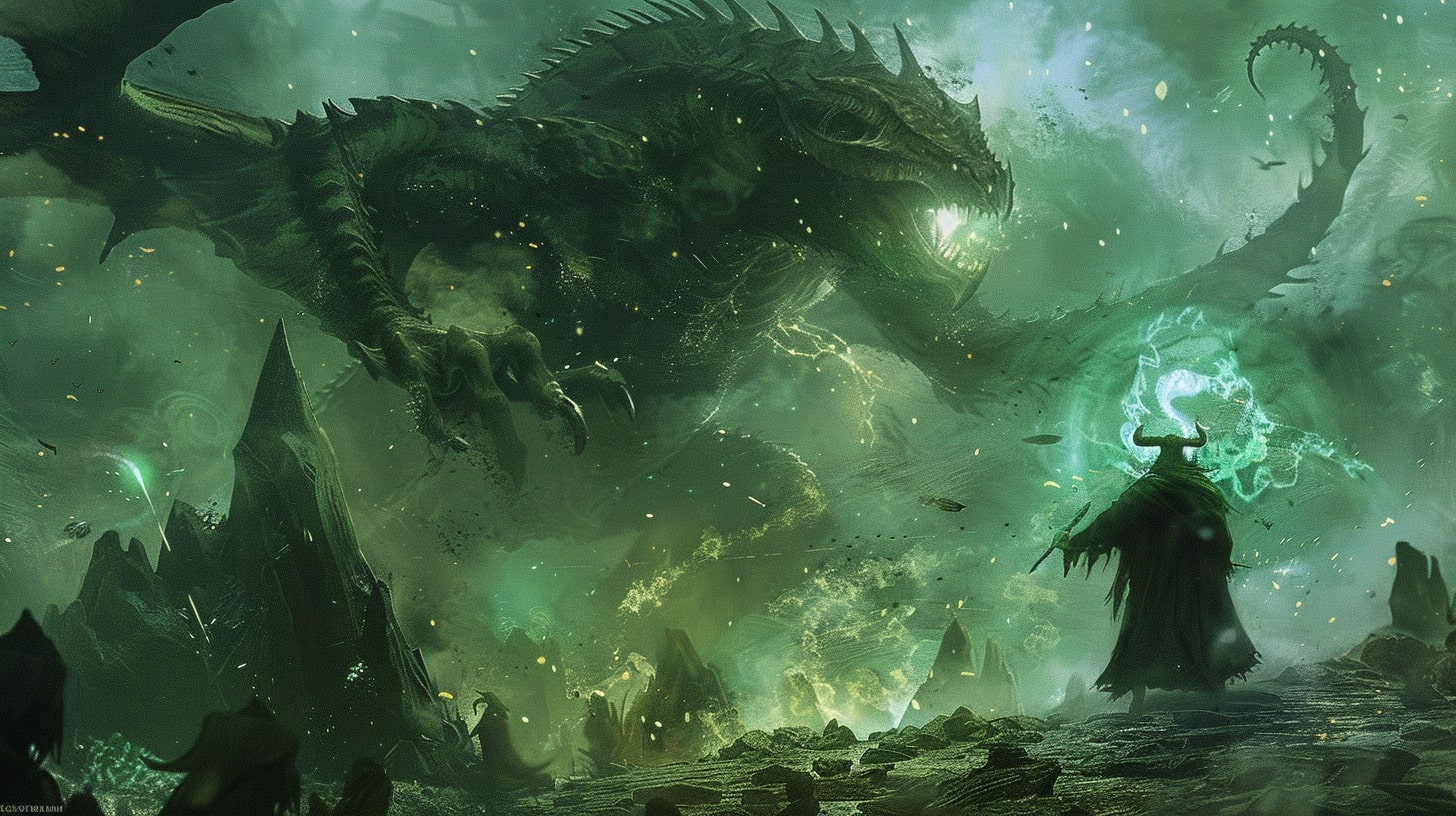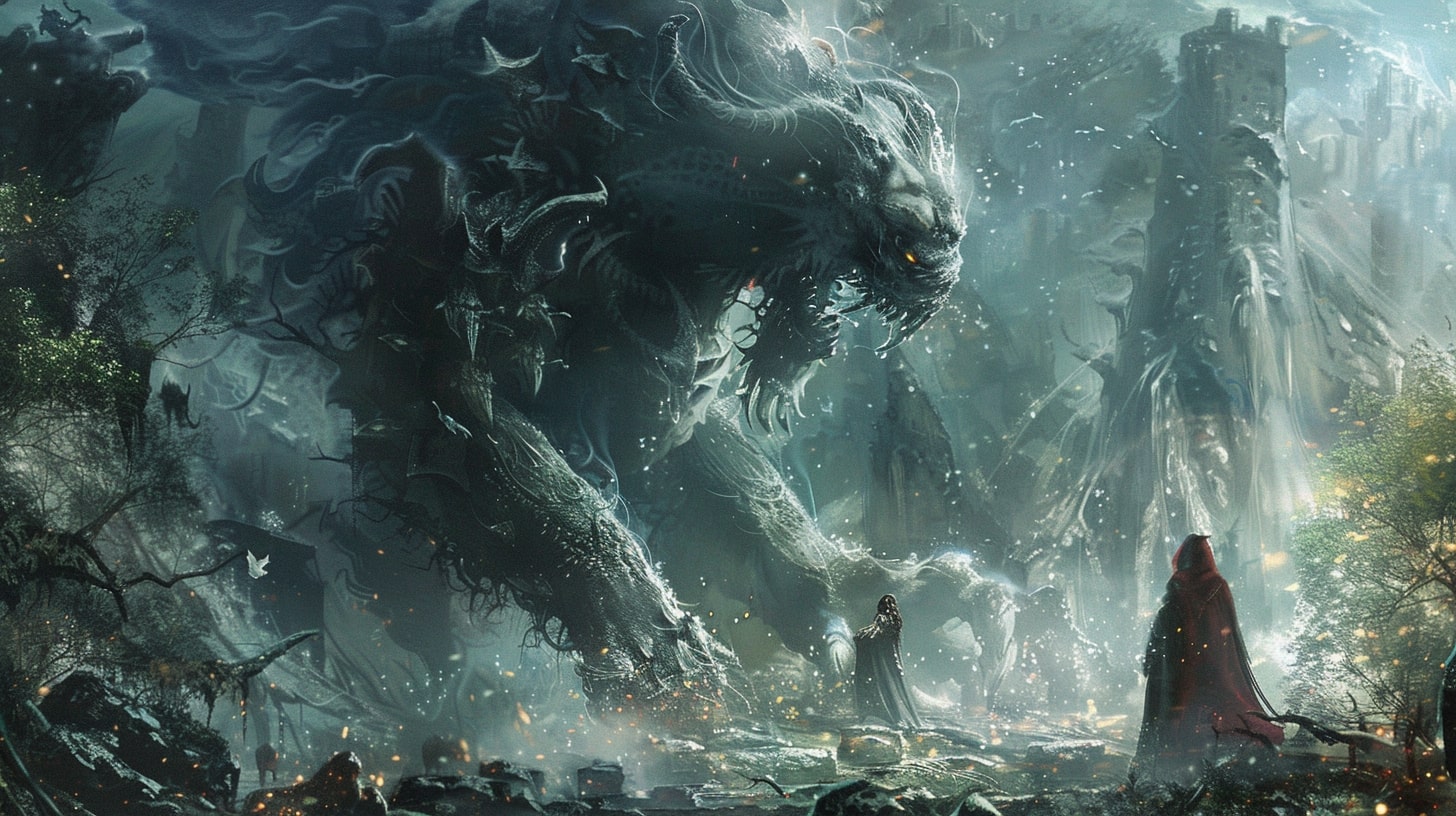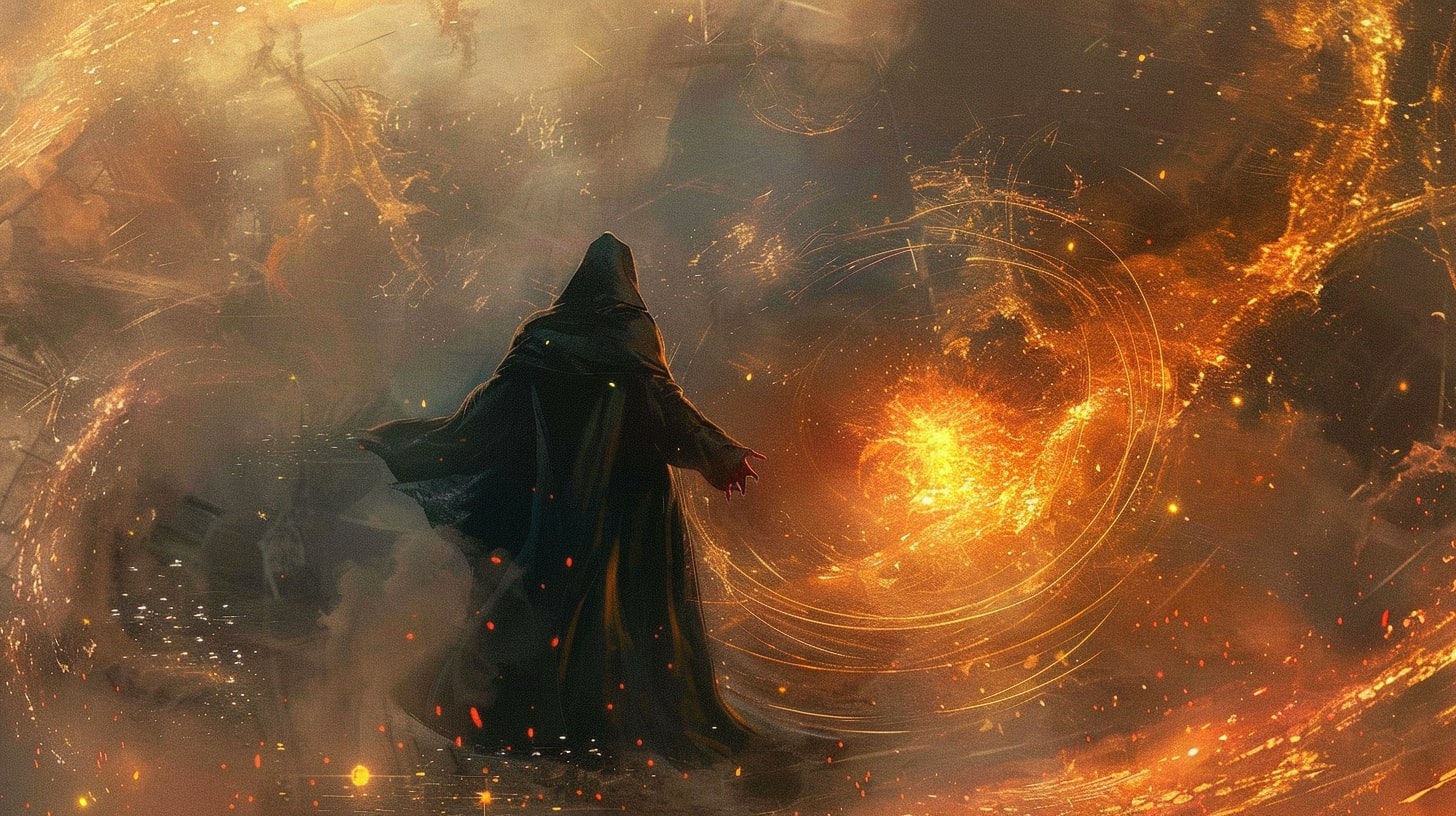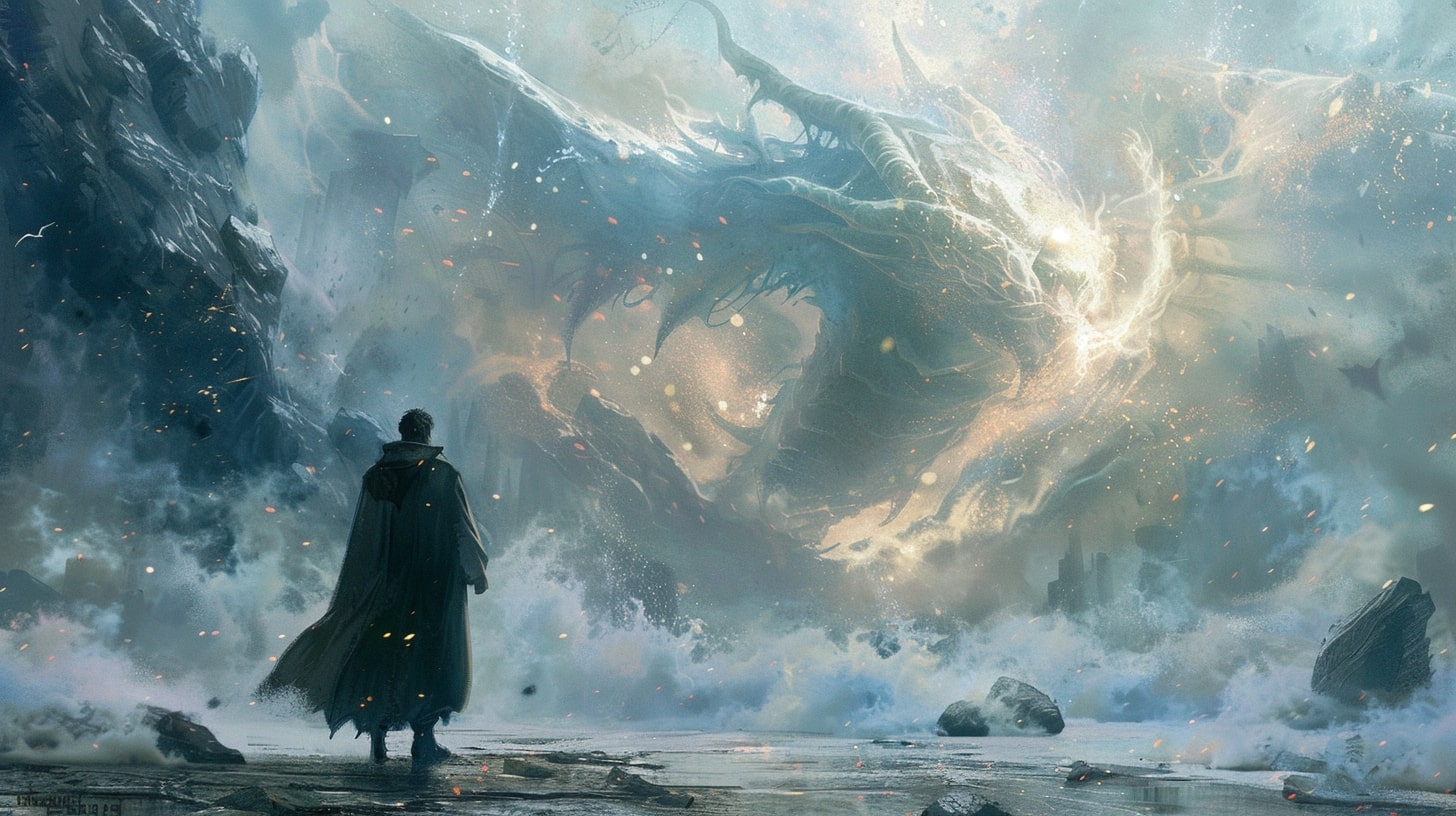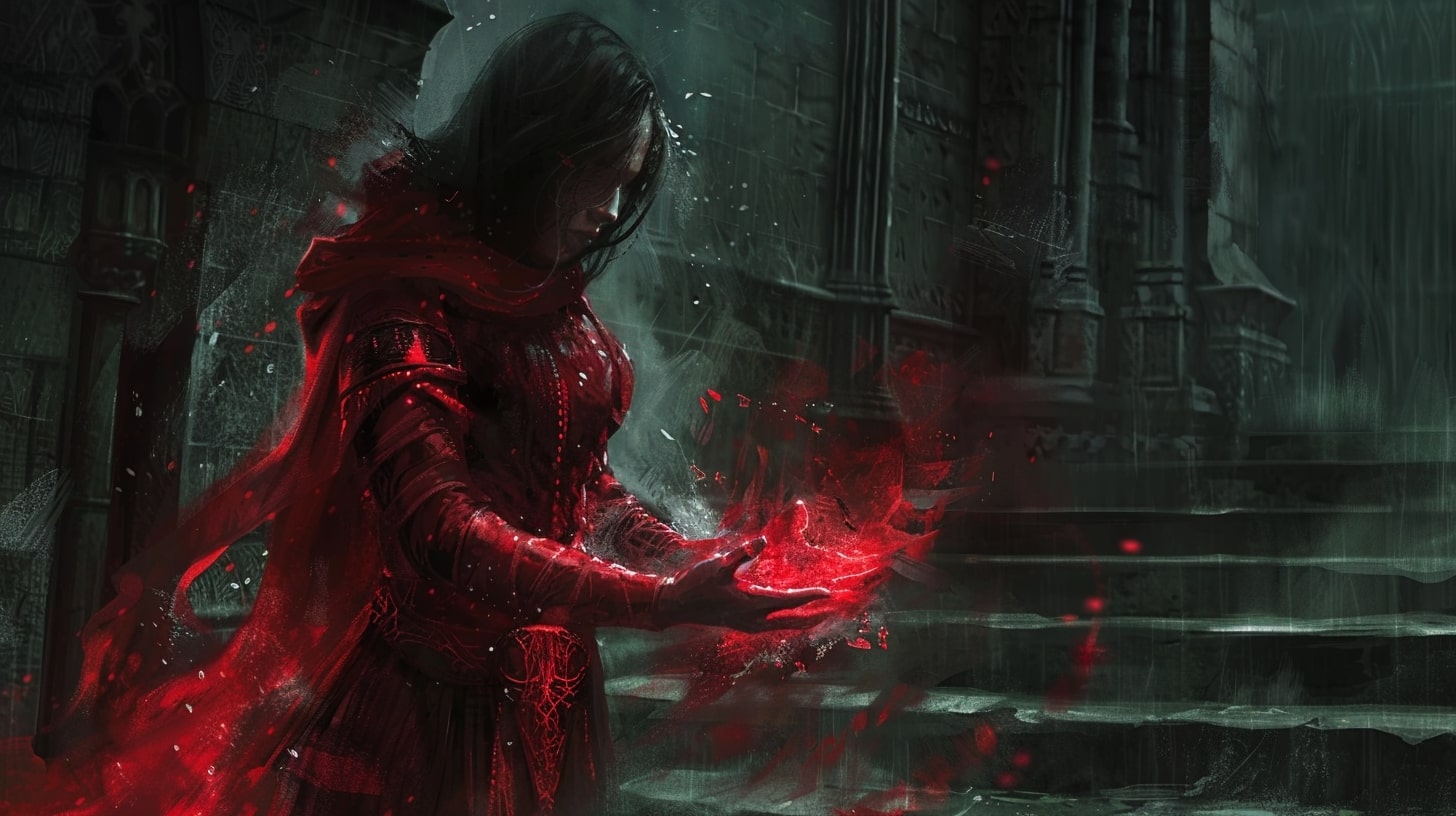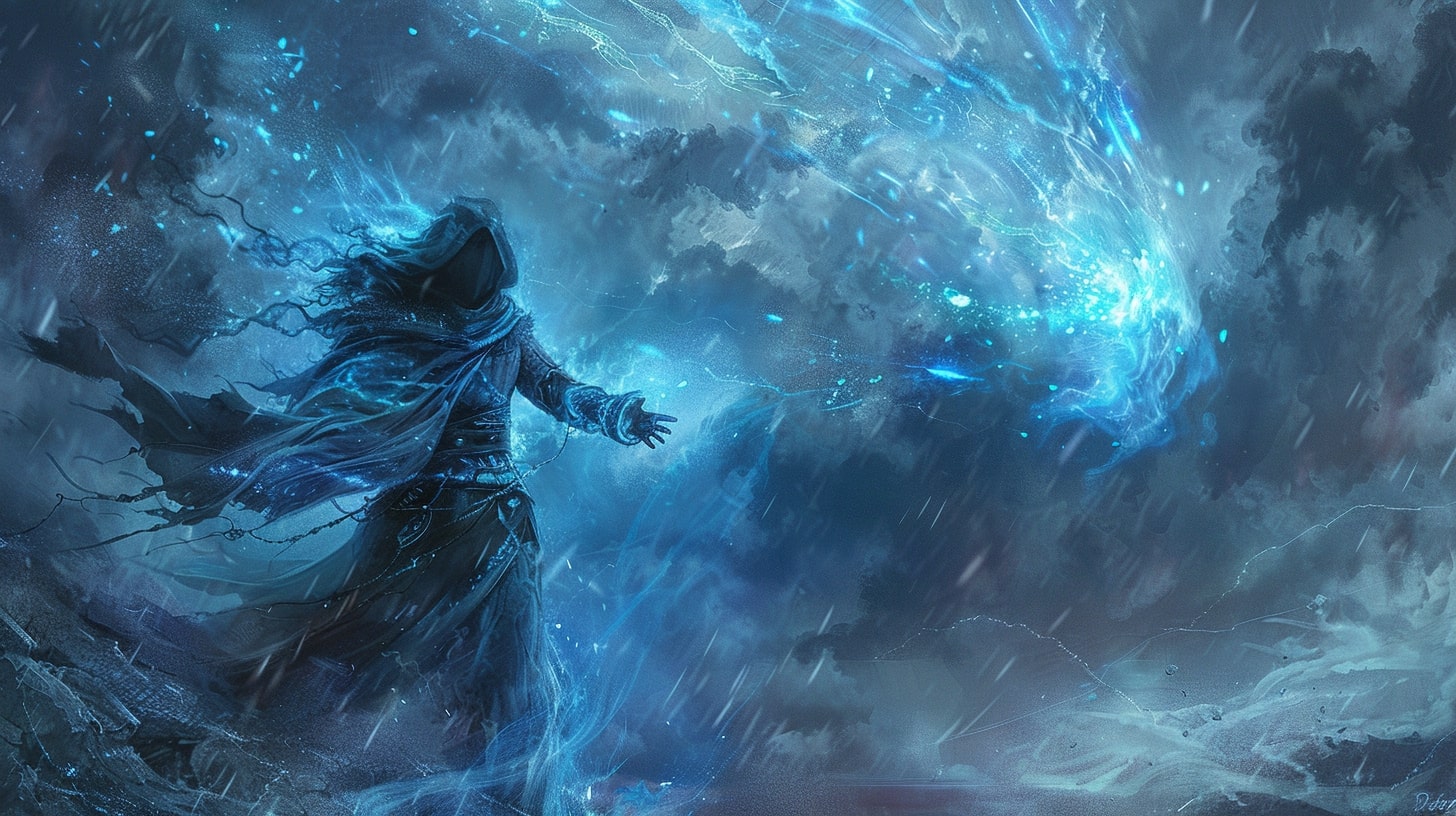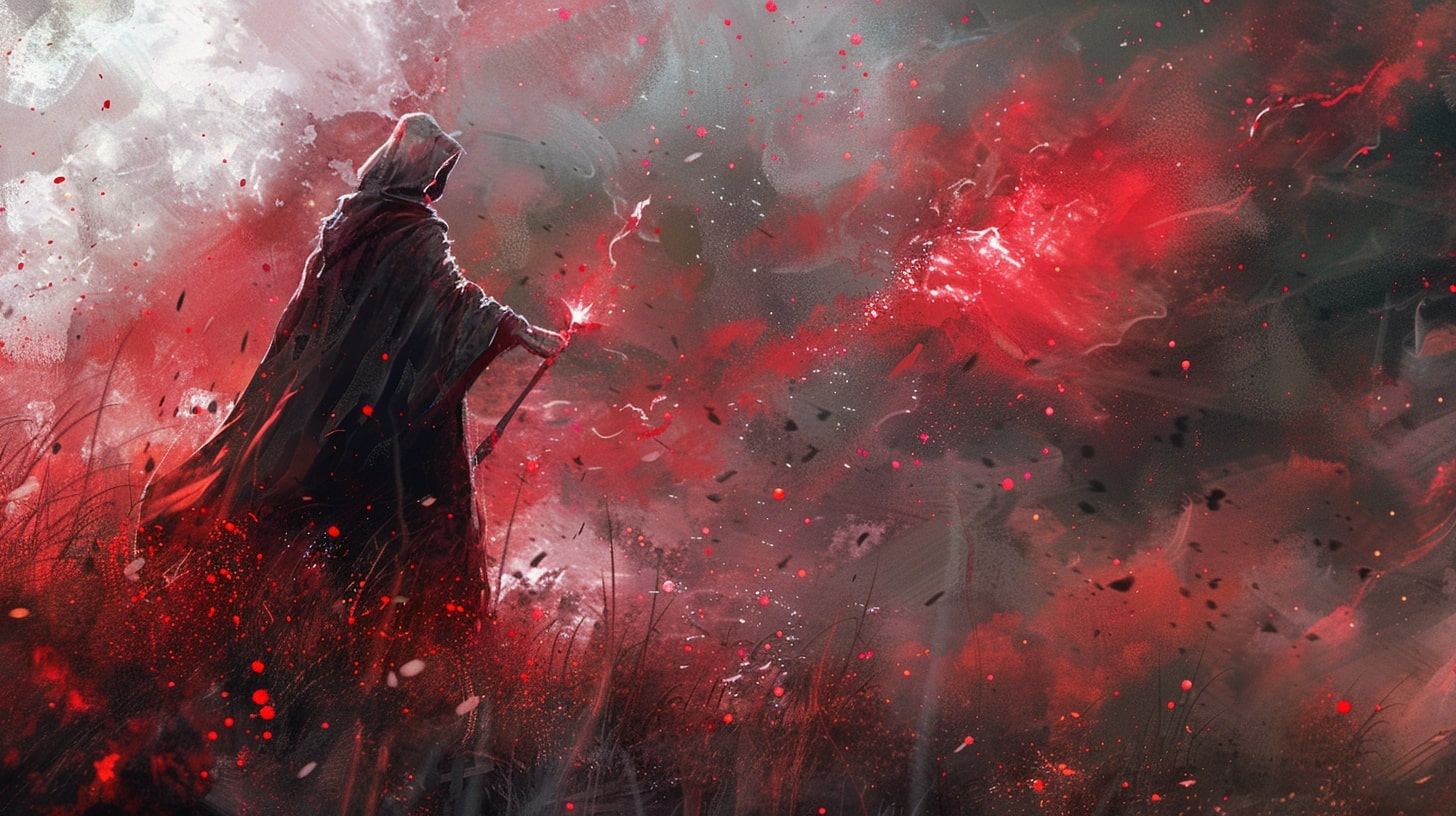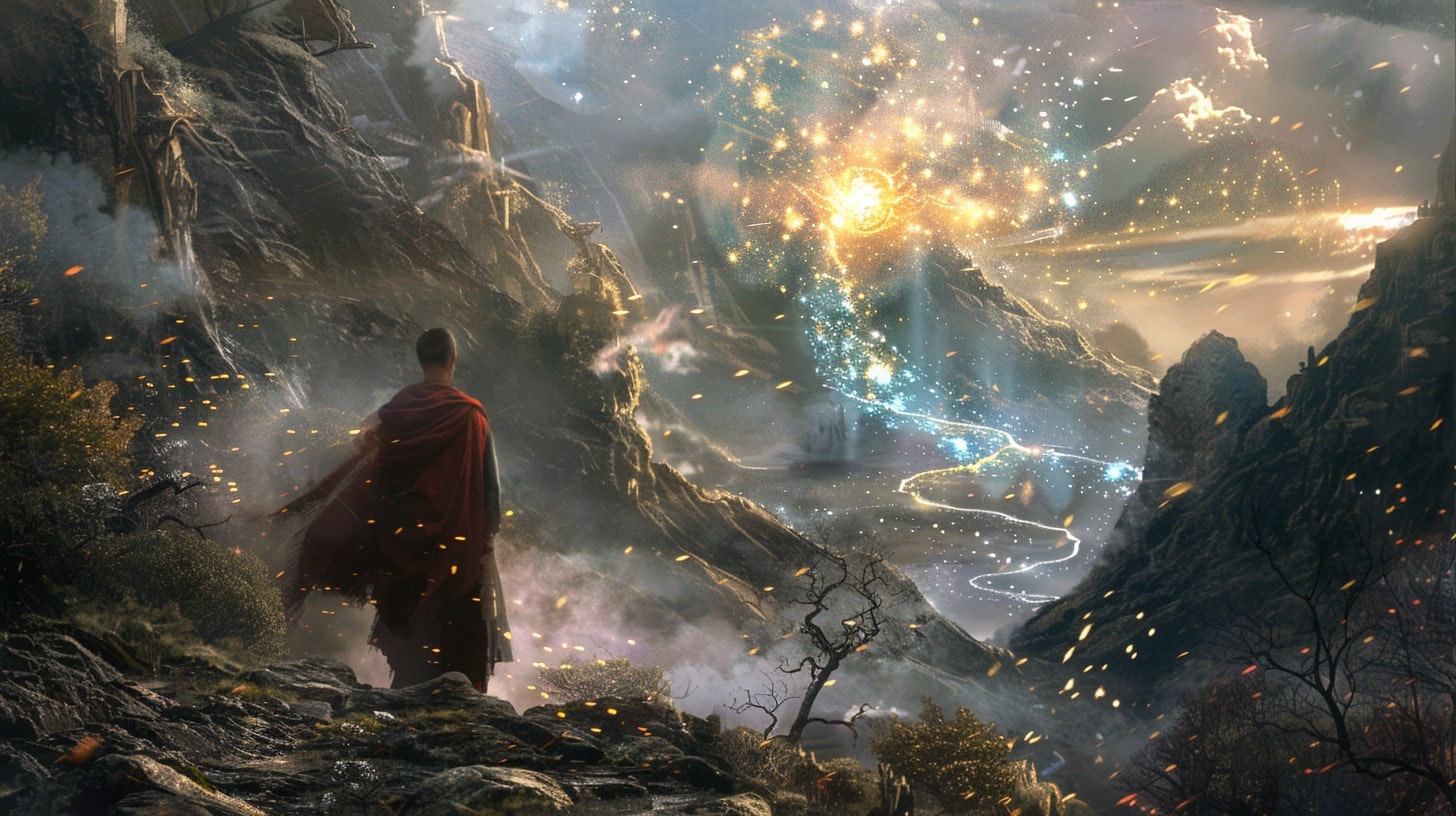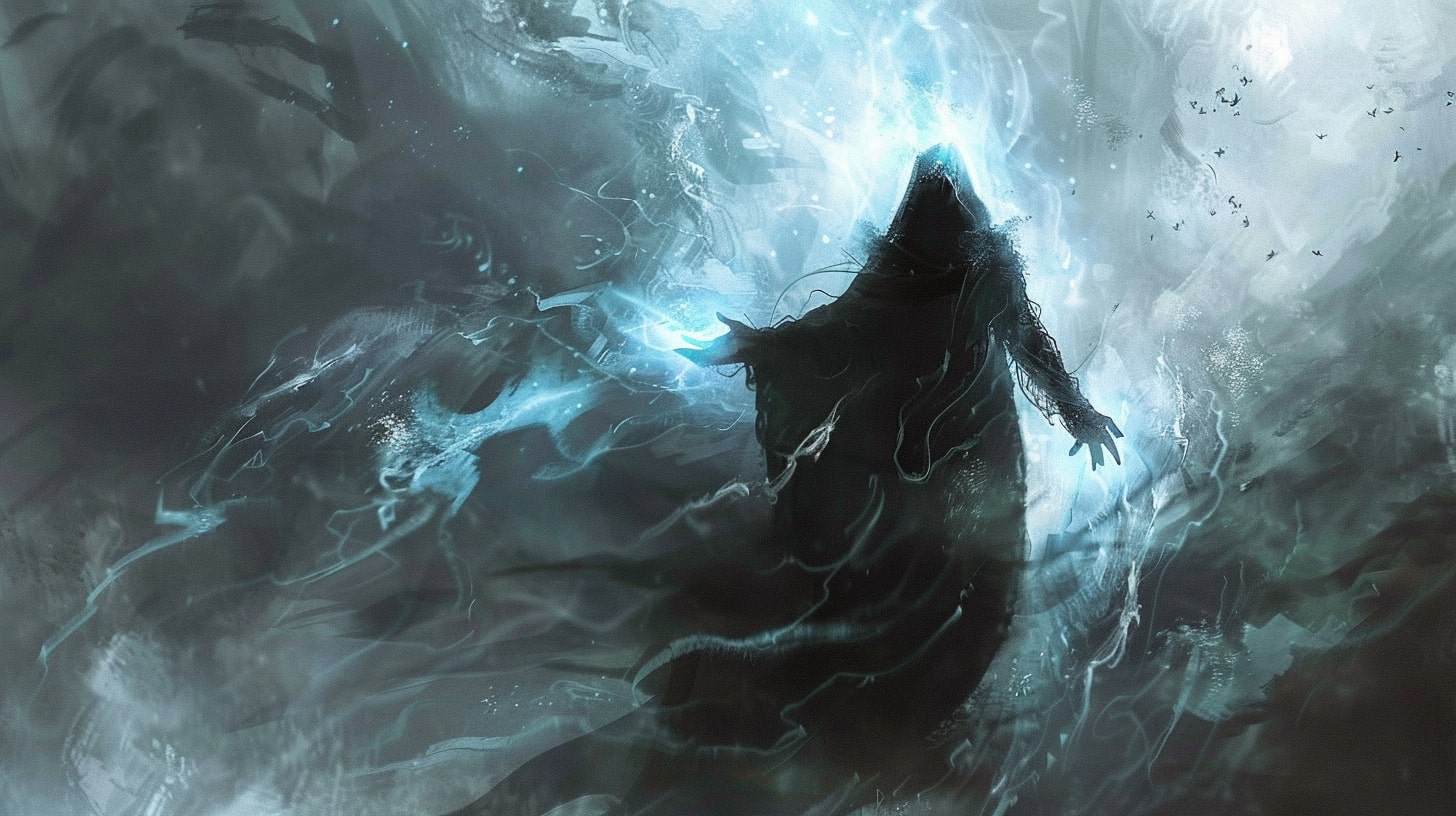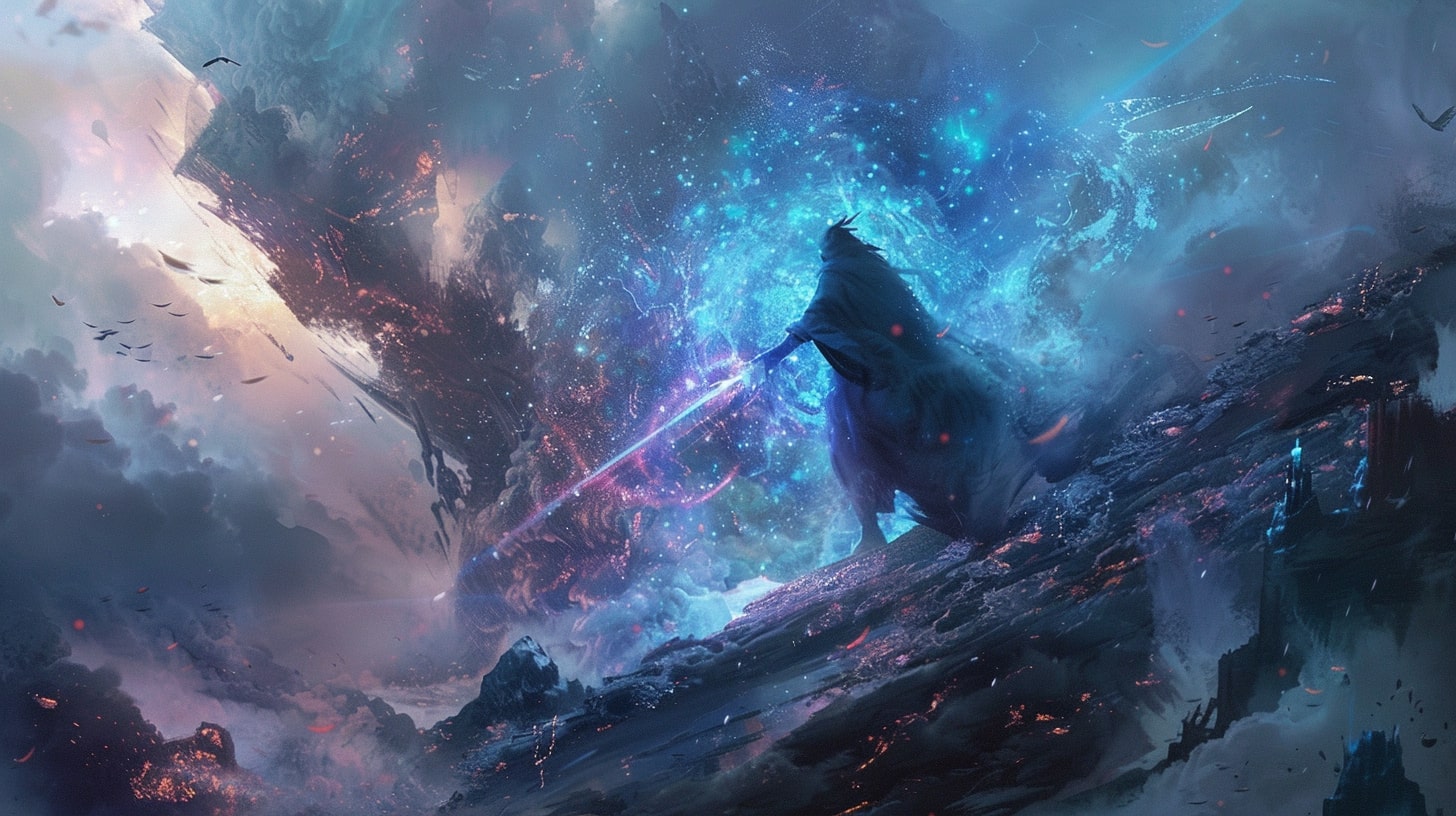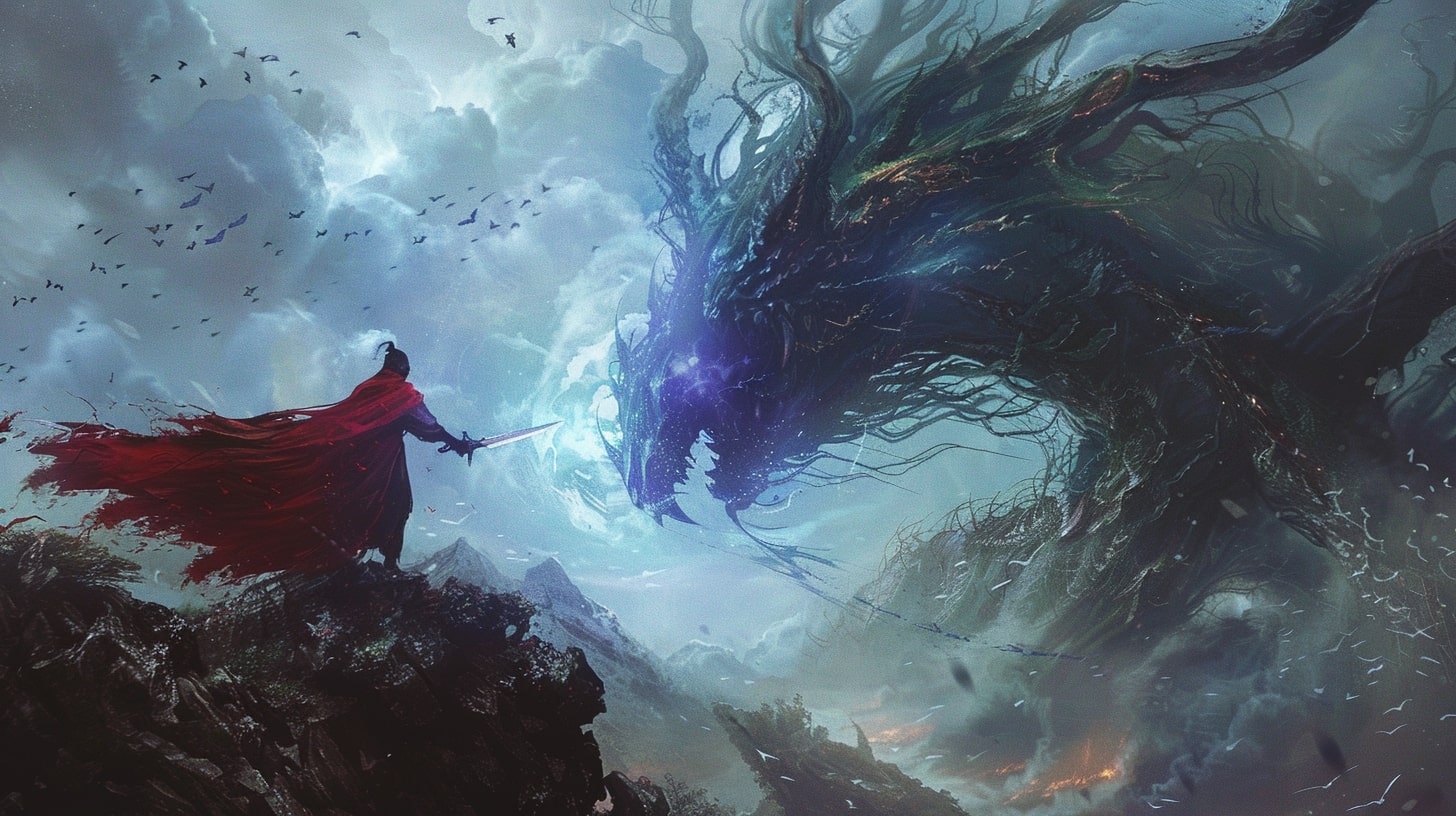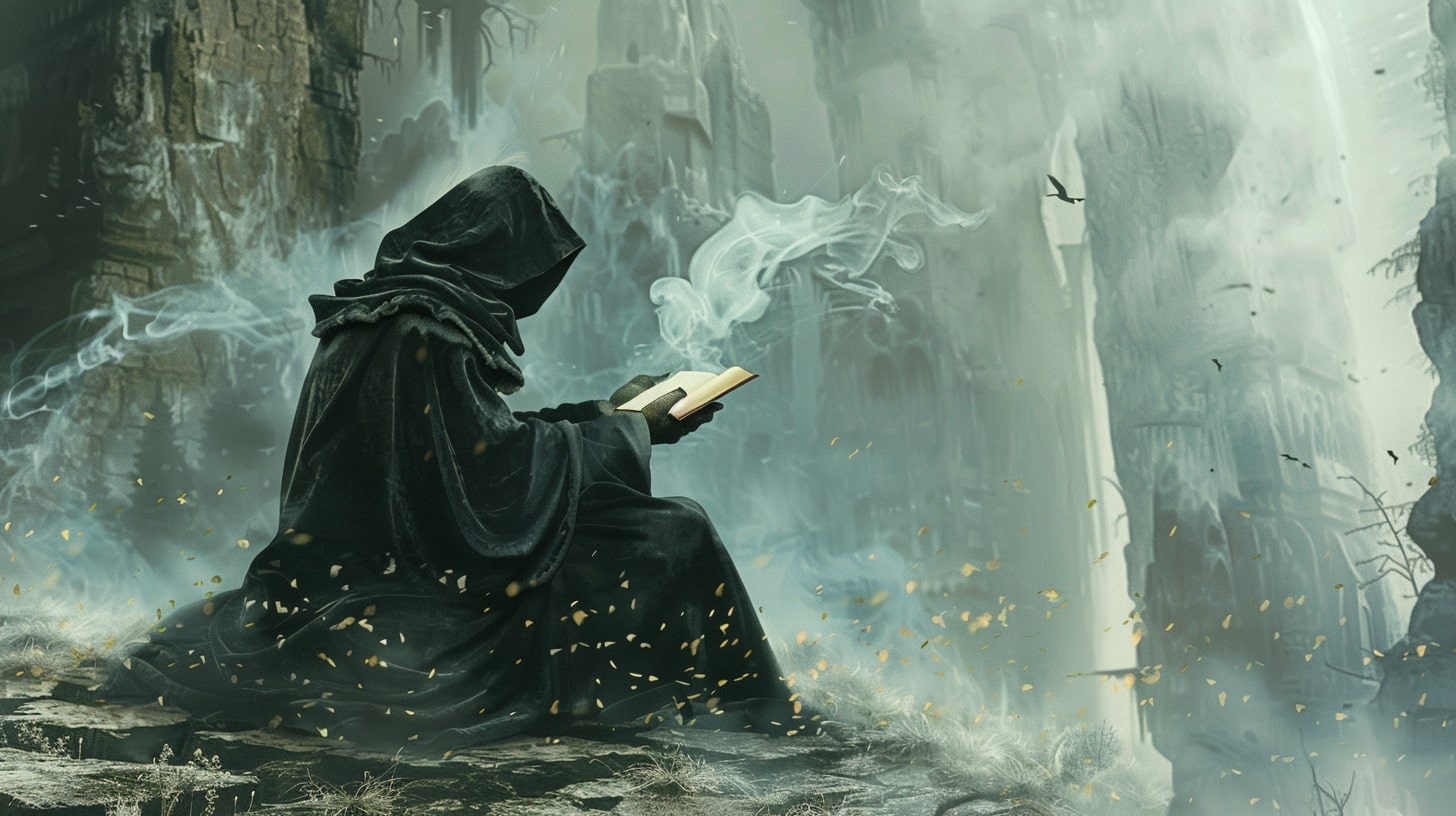The Power of Magic Systems
Let me tell you about the time I destroyed my first fantasy novel.
I’d created this incredible world with amazing magic users who could do basically anything. No limits. No rules. Just pure magical chaos. Want to guess what happened?
My beta readers tore it apart faster than a dragon through tissue paper. “If they’re so powerful, why don’t they just magic away all their problems?”
Ouch. But you know what? That failure taught me something crucial about magic systems in fantasy writing. They’re not just cool special effects or fancy window dressing. They’re the backbone of your entire world. The way your characters solve problems. The source of their biggest challenges. The thing that makes your readers lean in and whisper “just one more chapter.”
But here’s the problem. There are so many types of magic systems out there. Elemental magic, ritual-based power, divine gifts, blood magic… the list goes on. Before you decide which one’s right for your story, we need to understand what makes each one tick. That’s exactly what we’re going to explore in this guide.
Before we dive into our comprehensive list of magic systems, let’s understand what makes each category of magic unique. From ancient traditions to modern innovations, understanding what are the different types of magic will help you create something truly special.

Why Understanding Different Types of Magic Matters
Magic systems serve as a fundamental pillar of fantasy writing, providing the framework for everything supernatural in your story. Whether you’re crafting a novel, designing a game, or building a world for your next D&D campaign, choosing the right magic system shapes everything that follows.
Think about how the hard, scientific magic of Brandon Sanderson’s Mistborn series feels completely different from the mysterious, unexplained powers in Lord of the Rings. Both work brilliantly, but they serve very different kinds of stories. That’s why we’re going to dig deep into what makes each type of magic system special.
By incorporating a well-defined magic system, you’re not just adding sparks and flashy spells. You’re creating a framework that influences plot, character development, and the overall narrative of your story. Want to explore how magic systems enhance worldbuilding? Check out our guide on magic system worldbuilding.
In this guide, we’ll explore everything from elemental powers to ritual-based systems, from magic that follows strict scientific principles to powers that remain mysterious and undefined. We’ll look at how these systems shape stories, create conflicts, and build worlds that readers can’t help but get lost in.
Most importantly, you’ll learn how to choose (or combine) different magic systems to create something that’s both original and engaging. Because at the end of the day, that’s what great fantasy is all about. Not just copying what’s come before, but building something new that still feels true to the traditions readers love.
Ready to dive in? Let’s explore what makes magic systems truly magical.
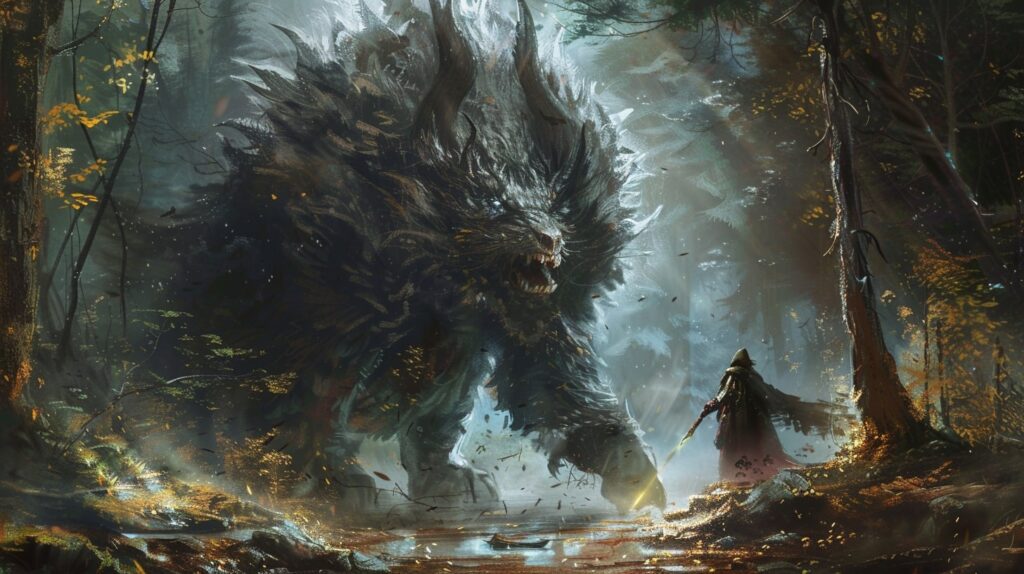
Understanding Different Types of Magic in Fantasy
When I first started exploring different magic systems in fantasy, I got overwhelmed fast. Every book seemed to have its own unique take, every author their own special twist. But after years of studying fantasy magic types, I discovered something interesting. Most magic systems, no matter how complex they seem on the surface, build from a few core foundations.
The Hard-Soft Magic Spectrum
Before we dive into specific types of magic systems, we need to talk about the spectrum that defines how magic works in your world.
On one end, you’ve got hard magic systems. These work almost like science, with clear rules and defined limitations. Want to see a brilliant example? Check out our deep dive into magic system rules to understand how authors like Brandon Sanderson make hard magic systems feel both magical and logical.
On the other end of the spectrum, you’ll find soft magic systems. Think Gandalf in Lord of the Rings. His powers remain mysterious and unexplained, creating a sense of wonder without turning magic into a convenient solution for every problem. The magic feels magical precisely because we don’t understand it.
Elemental Magic Systems
The most widespread and recognizable of all magic system types has to be elemental magic. It’s not hard to understand why. We all have an intuitive grasp of fire, water, earth, and air. When someone tells you they’re writing about a fire mage, you immediately get it.
But here’s what makes elemental systems truly fascinating. Each culture approaches them differently. Some focus on harmony between elements. Others create strict hierarchies. Some add extra elements like metal or lightning. Want to explore the possibilities? Our guide to elemental magic systems digs deep into what makes them tick.
Ritual-Based Magic
Remember that scene in your favorite fantasy novel where the mages gathered in a circle, chanting ancient words while drawing symbols in the dirt? That’s ritual-based magic at its finest. It’s all about the how rather than the what. The power comes from doing things in exactly the right way, at exactly the right time.
Ritual magic adds weight to magical actions. It makes magic feel earned rather than given. Every spell becomes a mini-story with its own beginning, middle, and end. For a deeper look at how to create compelling ritual magic, check out our article on ritualistic magic systems.
Energy-Based Magic Systems
Energy-based systems treat magic like a force or resource that practitioners can tap into and manipulate. Think of the Force in Star Wars or chi in many Asian-inspired fantasies. These systems often focus on the flow and balance of power, creating natural limitations through energy depletion and recovery.
The beauty of energy-based systems lies in their versatility. They can be as scientific or mystical as you need, fitting neatly into both hard and soft magic frameworks. Our guide to magic system development explores how to build these systems effectively.

Divine and Cosmic Magic
Then we have magic that comes from gods, spirits, or cosmic forces. This type often appears in fantasy stories with strong religious or mythological elements. Divine magic usually comes with strings attached. Gods don’t grant power freely – they want something in return, whether it’s devotion, sacrifice, or advancing their agenda in the mortal world.
What makes divine magic particularly interesting is how it ties into world-building. When gods can demonstrably grant power to their followers, it changes how religion, politics, and society function. For more on building these complex systems, take a look at our article on magic system design.
Blood and Life Magic
Some of the most compelling magic systems draw power from life itself. Whether it’s blood magic, sacrifice-based power, or systems that tap into the user’s life force, these magic types create instant drama. Every use of magic becomes a meaningful choice because it comes with a physical cost.
Blood magic often serves as a darker counterpoint to other magic systems in a world, creating moral dilemmas and complex character choices. If you’re interested in exploring these darker magical arts, you might find inspiration in our piece on unique magic systems.
The Power of Combination
Here’s where it gets really interesting. Modern fantasy authors aren’t content with using just one type of magic system. They’re creating unique combinations, blending different approaches to create something entirely new.
Want to see how this works in practice? Our guide to magic system creation shows you how to mix and match elements while keeping your world consistent and compelling.
Understanding these core types of magic systems isn’t just about classification. It’s about knowing what tools you have available when crafting your own magical world. In the next section, we’ll explore how different types of magic users interact with these systems, because the same magic can look very different depending on who’s wielding it.
How Different Types of Magic Users Shape Your World
Let me tell you about my favorite character in fantasy literature. It’s not the most powerful wizard or the chosen one destined to save the world. It’s the student at magic school who’s terrible at casting spells but brilliant at understanding magical theory. Why? Because they show us something crucial about magic systems. It’s not just what magic can do that matters – it’s who uses it and how they approach it.
The Scholar’s Path
You know that feeling when you’re learning something new, and suddenly everything clicks? That’s what the scholar’s path to magic feels like. These practitioners treat magic like a science, spending years studying ancient tomes and conducting careful experiments. Think of Hermione Granger poring over spellbooks in the library, or the researchers at the University in The Name of the Wind.
What makes scholar-mages fascinating isn’t just their knowledge. It’s their approach to problem-solving. While others might blast away with raw power, these magic users look for clever applications of basic principles. Want to create compelling scholarly magic? Our guide to magic system development shows you how to build systems that reward careful study and experimentation.
The Natural Talent
We’ve all met that person who just seems to get things instantly while the rest of us struggle. In the world of magic, natural talents are both gifted and cursed. They have incredible power at their fingertips, but often lack the fine control that comes from years of study.
These characters make for compelling storytelling because their journey isn’t about gaining power – it’s about learning to control what they already have. If you’re interested in exploring how to write these characters effectively, check out our article on magic system design. It includes specific tips for balancing innate magical ability with character development.
The Priests and Chosen Ones
Some magic users don’t seek out power – it seeks them. Whether chosen by gods or marked by prophecy, these practitioners often struggle with the weight of responsibility that comes with their gifts. Divine magic users face unique challenges, as their power often comes with strict moral codes and obligations.
Creating compelling divine magic users requires careful consideration of how their beliefs shape their use of power. Our guide to ritualistic magic systems explores how to create meaningful ceremonies and beliefs that make divine magic feel authentic.

The Practical Practitioners
Not everyone uses magic to save the world or uncover ancient mysteries. Some of the most interesting magic users are the ones who apply their powers to everyday problems. The merchant who uses minor enchantments to keep food fresh. The farmer who uses weather magic to protect their crops. The city guard who uses detection spells to solve crimes.
These practical magic users show us how magic systems interact with daily life in your world. For insights on creating these everyday applications of magic, take a look at our piece on magic system worldbuilding.
The Innovation Makers
Then there are those who push the boundaries of what’s possible. They’re not content with using magic the way it’s always been used. They experiment, combine different approaches, and sometimes create entirely new forms of magic in the process.
These innovators often appear in stories with well-developed elemental magic systems or other structured forms of magic. Their understanding of fundamental principles allows them to expand what’s possible while still working within the rules of the world.
The Dark Arts Practitioners
Every magic system has its shadows, and the people who walk in them often make for compelling characters. Whether they’re blood mages, necromancers, or deals with dark powers, these practitioners push the boundaries of what’s morally acceptable in pursuit of power.
What makes these characters interesting isn’t just their dark powers – it’s their reasons for choosing that path. Our article on unique magic systems explores how to create morally complex magical traditions that feel justified from the practitioner’s perspective.
The Impact on Your World
Here’s what makes all of this matter for your storytelling. When you understand how different types of magic users approach power, you can create richer conflicts and more interesting societies. A world where scholarly mages compete with natural talents, where divine chosen ones clash with dark arts practitioners, feels alive with possibility.
Want to see how all these different approaches can work together? Our guide to magic system rules shows you how to create frameworks that accommodate different types of magic users while maintaining balance and consistency.
In the next section, we’ll explore how to combine different types of magic systems and users to create something truly unique. Because the most interesting stories often happen when different approaches to magic collide.
Creating Unique Types of Magic By Combining Systems
Let me tell you about my biggest worldbuilding disaster. I got this brilliant idea to combine elemental magic with blood magic. Made sense in theory – sacrifice a bit of blood to power your elemental abilities. But I didn’t think it through. Suddenly my characters could control entire oceans with a papercut. The whole story collapsed because I didn’t understand how to balance combined systems.
But here’s the thing. When done right, combining different forms of magic creates some of the most compelling magic systems in fantasy. Let’s talk about how to do it properly.
The Art of System Blending
Think of magic systems like cooking ingredients. Just because chocolate’s great and garlic’s great doesn’t mean they belong in the same dish. When you’re creating unique magic systems, you need to understand how different types complement each other. Our guide to magic system creation dives deep into this principle.
Brandon Sanderson’s Mistborn series provides a perfect example. He combines innate magical abilities (Allomancy) with a hard magic system based on specific metals. Each system has clear rules and limitations, but together they create something greater than the sum of their parts.
Building From the Ground Up
The key to successful combination starts with understanding your foundation. Let’s say you’re working with an elemental magic system as your base. Before adding anything else, you need to know exactly how it works, its limitations, and its costs. Only then can you start layering in other elements.
Maybe you want to add a ritualistic component. Now your fire mages need specific ceremonies to access their full power. Or perhaps you’re thinking about divine magic – certain elements only respond to those blessed by specific gods. Our article on magic system development shows you how to build these layers while maintaining balance.
The Power of Limitations
Here’s what I learned from my blood-elemental magic disaster. When combining systems, focus on limitations before possibilities. Each addition to your magic system should create new restrictions along with new powers. The magic system rules guide explains this principle in detail.
For example, maybe combining divine and elemental magic means you can only use elements associated with your deity. A sun god’s priests might command fire but be powerless over water. These limitations create natural conflicts and storytelling opportunities.
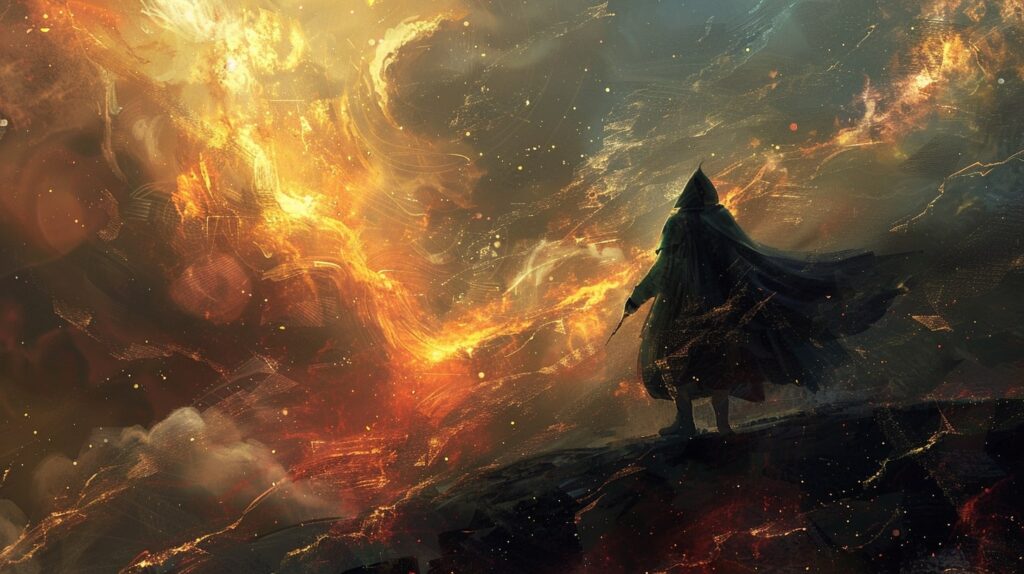
Cultural Integration
When you’re blending different types of magic systems, consider how they’d develop within the same world. Would different cultures favor different combinations? Would some consider certain combinations taboo? Our magic system worldbuilding article explores these questions in depth.
Imagine a world where northern tribes combine elemental ice magic with ancestral spirit magic, while desert nomads blend fire magic with blood rituals. These combinations don’t just create interesting magic – they build rich, distinctive cultures.
Making It Work
The secret to successful combining lies in creating clear interfaces between systems. Think about how different types of magic interact. Does ritual magic enhance elemental powers, or do they interfere with each other? Can divine blessings amplify natural abilities, or do they replace them?
Take the ritualistic magic system guide as an example. It shows how to create meaningful ceremonies that could enhance or channel other forms of magic without breaking your world’s internal logic.
Unique Combinations That Work
Let’s look at some examples of successful combinations:
Divine-Elemental Magic
- Gods grant access to specific elements
- Prayers and devotion determine power levels
- Religious conflicts have magical consequences
Blood-Ritual Magic
- Sacrifices power ancient ceremonies
- Personal cost creates meaningful choices
- Moral complexity drives character development
As you explore these combinations, our guide to unique magic systems can help you avoid common pitfalls and find fresh approaches.
Practical Applications
Never forget that combined magic systems need to work in everyday life, not just during epic magical battles. How do people use these combined powers to solve daily problems? What industries develop around them? What new problems do they create?
For instance, a world that combines elemental and ritual magic might have specialized craftsmen who perform ceremonies to imbue objects with elemental powers. Imagine enchanted cooling crystals for food storage or ritual-blessed hearth stones that never burn out.
The Future of Your World
As you develop your combined magic system, think about how it might evolve. Technology advances, cultures change, and magic systems should grow too. Maybe what starts as simple elemental magic combined with ritual ceremonies grows into something more complex as practitioners experiment and innovate.
Remember, the goal isn’t to create the most complex system possible. It’s to build something that serves your story while feeling both fresh and believable. In the next section, we’ll explore how to implement these systems in your storytelling effectively.
Making Your Magic System Work in Stories
Want to know the biggest mistake I see fantasy writers make? They create these amazing magic systems but then struggle to actually use them in their stories. They’ve got all these cool powers and intricate rules, but when it comes to making the magic matter to the plot? That’s where things fall apart.
The Heart of Magical Storytelling
Here’s the truth about magic systems in fantasy. It doesn’t matter how unique your magic system is if it doesn’t create interesting problems for your characters to solve. Our guide to magic system design emphasizes this crucial point. Magic should complicate life as often as it simplifies it.
Think about Harry Potter. Sure, magic can fix broken glasses and clean rooms instantly. But it also creates new problems. Magical prejudice. Dangerous creatures. Dark wizards. Every magical solution brings its own set of magical problems.
Building Conflict Through Magic
The different types of magic in fantasy work best when they drive your story’s conflicts. Maybe your elemental mages face challenges that their powers can’t easily solve. Or perhaps your ritual magic users must decide whether the cost of their power is worth the benefit. For more ideas on creating magic-driven conflicts, check out our article on magic system development.
Consider how different magical traditions might clash. When you have multiple magic system types in your world, you’ve got built-in sources of conflict. The scholarly mages might look down on intuitive practitioners. The divine magic users might consider blood magic an abomination. These tensions create natural storylines.
Daily Life and Magic
But here’s what really makes a magic system feel real. It’s not the epic battles or world-shaking spells. It’s how people use magic in their everyday lives. Our magic system worldbuilding guide explores this crucial aspect in detail.
Think about it. If you had access to elemental magic, wouldn’t you use it to cook your food or heat your home? If ritual magic existed, wouldn’t people develop ceremonies for everything from blessing new businesses to ensuring good harvests? These details make your world feel lived-in and authentic.

Magic and Character Development
Your magic system should do more than just provide cool powers. It should help reveal who your characters are. How they use magic, when they choose not to use it, what they’re willing to sacrifice for it – these choices define them as people.
Take the ritualistic magic system for example. A character’s approach to performing rituals tells us volumes about their personality. Are they meticulous and careful? Improvisational and risk-taking? Do they respect tradition or look for shortcuts?
The Cost of Power
Every effective magic system needs meaningful costs and consequences. Maybe casting spells drains physical energy. Perhaps each use of magic requires a sacrifice. Or possibly the price is more subtle – the way power changes and corrupts those who wield it.
Our guide to magic system rules delves into how to create costs that enhance your story rather than just limit your characters. The key is making the price of magic as interesting as its benefits.
Magic and Plot Development
Here’s a pro tip. When plotting your story, ask yourself three questions about every major scene:
- Could magic solve this problem too easily?
- Could magic make this problem more interesting?
- What magical complications could arise?
This approach helps you create plots where magic feels integral rather than tacked on. For more insights on integrating magic into your plot, explore our unique magic systems article.
Learning and Growth
One of the most satisfying aspects of any fantasy story is watching characters master their magical abilities. Whether it’s a young elementalist learning to control their powers or an experienced ritual mage discovering new combinations, magical growth should parallel character growth.
The elemental magic system guide shows how to create clear progression paths that give readers a sense of achievement as characters develop their abilities.
Balance in All Things
Remember my earlier story about the overpowered blood-elemental magic? Here’s the lesson. Your magic system needs to maintain tension in your story. If magic can solve every problem, there’s no drama. If it’s too weak or costly, there’s no point in having it.
The sweet spot lies in creating systems where magic opens as many doors as it closes. Where every power comes with responsibility, every gift with a price, every solution with a new challenge.
Making It All Work Together
The best stories make their magic systems feel inevitable – as if the story couldn’t possibly work any other way. That’s your goal. Whether you’re working with a single type of magic or combining different forms of magic, everything should feel purposeful and integrated.
In the final section, we’ll look at some specific examples of magic systems done right, analyzing what makes them work so effectively. Because sometimes the best way to learn is to study what others have done well.
Learning From the Best Magic Systems in Fantasy
Let me share something I’ve learned from years of studying fantasy magic types. You can read about theory all day long, but nothing teaches quite like seeing how great authors put these principles into practice. So let’s break down some of the most effective magic systems ever created and see what makes them tick.
Allomancy in Mistborn
Brandon Sanderson’s Mistborn series gives us one of the best examples of a hard magic system ever created. What makes it work? First, it’s based on something tangible – different metals provide different powers when ingested. But here’s the brilliant part. The limitations create more interesting stories than the powers themselves.
If you’re working on developing your own structured magic system, our guide to magic system rules breaks down exactly how Sanderson makes his limitations feel natural rather than arbitrary.
The Old Magic in Earthsea
Ursula K. Le Guin took a completely different approach with her magic system in Earthsea. By focusing on true names and the power of language, she created something that feels both ancient and believable. It’s one of the best examples of how ritualistic magic systems can create deep meaning in your story.
What makes Earthsea’s magic so compelling isn’t just what it can do – it’s how it shapes the world’s cultures and beliefs. Every spell has weight because words have weight. The magic feels like a natural extension of human nature rather than a superpower.
Avatar’s Elemental Bending
Want to see a perfect example of an elemental magic system done right? Look no further than Avatar The Last Airbender. Each bending style feels distinct not just in its effects, but in how it reflects the philosophy and culture of its practitioners.
The show also demonstrates brilliantly how to handle magical innovation. When Toph invents metalbending or when bloodbending is revealed, these developments feel like natural extensions of the established rules rather than convenient plot devices.
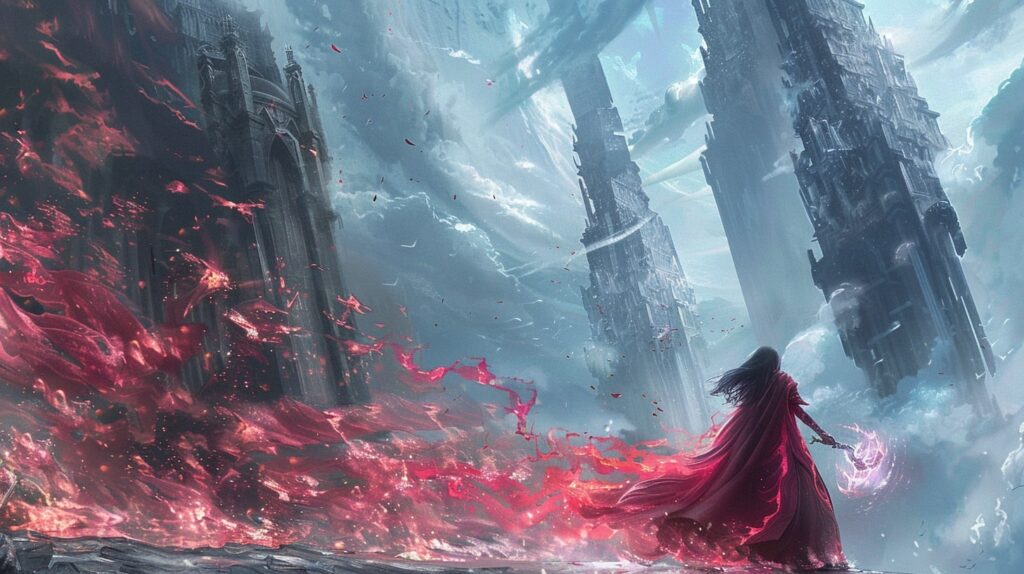
The One Power in Wheel of Time
Robert Jordan’s Wheel of Time series shows us how to handle gendered magic in a way that drives plot and shapes society. The differences between male and female channelers create natural tensions and conflicts that drive the story forward. For insights on building similarly complex systems, check out our guide to magic system development.
What makes the One Power particularly interesting is how it combines aspects of both hard and soft magic systems. The basic rules are clear, but there’s always room for discovery and wonder.
The Night Watch’s Magic
Sergei Lukyanenko’s Night Watch series demonstrates how to create unique magic systems by combining familiar elements in fresh ways. By tying magic to light and darkness, good and evil, but then subverting expectations about what those alignments mean, he created something truly original.
The series also shows how effective magic system worldbuilding can create natural plot points and conflicts. The bureaucracy of magical organizations and the politics between them feel as real as any historical conflict.
The Kingkiller Chronicle’s Sympathy
Patrick Rothfuss gave us something special with his sympathy magic system. It follows clear, almost scientific principles while still feeling mystical. The way it’s taught at the University shows how magic education can be as engaging as any action scene when written well.
What makes sympathy particularly effective is how it combines with other forms of magic in the same world. Alongside naming and sygaldry, it forms part of a larger magical ecosystem. Our article on magic system design explores how to create similarly layered systems.
Learning From These Examples
Here’s what all these successful magic systems have in common:
- They feel like natural parts of their worlds rather than additions to them
- Their limitations create as many stories as their powers
- They affect society and culture in believable ways
- They leave room for discovery while maintaining internal consistency
These unique magic systems in literature show us how versatile and powerful different approaches can be. Each example demonstrates how various categories of magic can be used to create compelling stories.
Putting It All Together
Remember, the goal isn’t to copy these systems but to understand what makes them work. Maybe your elemental magic draws on unique elements. Perhaps your ritual magic involves modern technology. The possibilities are endless as long as you keep the fundamentals solid.
In the end, the best magic system is the one that serves your story while capturing your readers’ imaginations. Whether you’re working with ancient traditions, creating something entirely new, or blending different approaches, focus on making your magic feel real within the context of your world.
The magic systems we’ve explored here show us what’s possible. Now it’s your turn to take these lessons and create something uniquely yours. Just remember – the most magical thing about any system isn’t the powers it grants, but the stories it helps you tell.
Your Turn to Create Magic
Remember that disastrous magic system I told you about at the beginning? The one where my characters could do anything without limits? Well, now you know exactly how to avoid that trap. But more importantly, you know how to create something better – something that will keep your readers turning pages late into the night.
Bringing It All Together
We’ve explored the different types of magic in fantasy, from elemental forces to divine gifts, from blood magic to ritual workings. We’ve seen how various types of magic users approach their craft differently, and how combining systems can create something uniquely yours. Most importantly, we’ve looked at how to make these systems serve your story rather than overshadow it.
The key isn’t just picking a system from our list of magic systems and running with it. It’s understanding how each different form of magic shapes the world around it. How it influences your characters’ choices. How it creates conflicts that drive your story forward.
Taking the Next Step
Ready to start building your own magic system? Begin with our guide to magic system creation. It’ll walk you through the practical steps of turning these concepts into something concrete.
If you’re drawn to specific types of magic, dive deeper into our specialized guides:
- For elemental magic, explore our elemental magic system guide
- For ceremony-based magic, check out our ritualistic magic system article
- For unique approaches, visit our guide to unique magic systems

The Magic Awaits
Here’s what I want you to remember about magic systems. They’re not just about fireballs and lightning bolts. They’re about the fire mage who can’t warm her own home because she’s afraid of her power. They’re about the ritual master who must decide if the price of power is worth paying. They’re about the divine channeler questioning their faith when their magic fails.
These are the stories that stick with readers. These are the magic systems that feel real, that make people wish they could visit your world.
So take what you’ve learned about different types of magic systems. Study how magic shapes worlds and characters. Understand how limitations create better stories than powers. Then start building something amazing.
Need help along the way? Our complete guide to magic system worldbuilding is always here for reference. Because the best magic systems aren’t built in a day – they’re crafted carefully, with attention to every detail.
Now it’s your turn. What kind of magic will you create?


